Veterinarians are integral to the horse racing industry, ensuring the health and safety of racehorses through thorough pre-race examinations and ongoing care. Their expertise in injury prevention and management is vital for maintaining the sport’s integrity. Additionally, tailored rehabilitation techniques support recovery for injured horses. However, the challenges of balancing performance enhancement with ethical treatment raise important questions about the future of veterinary practices in racing. What implications do these practices hold for the sport’s reputation?
The Importance of Pre-Race Veterinary Examinations
Pre-race veterinary examinations serve as a critical safeguard in the world of horse racing, ensuring that each competitor is physically fit to participate.
These assessments adhere to stringent pre-race protocols, reflecting the highest standards of veterinary ethics.
Injury Prevention and Management in Racehorses
Veterinarians play a pivotal role in injury prevention and management for racehorses, building on the foundation established during pre-race examinations.
Through meticulous injury detection practices, they identify potential risks and recommend training modifications tailored to each horse’s needs.
This proactive approach not only enhances the well-being of the animals but also promotes a safer racing environment, ultimately preserving the integrity of the sport.
See also: Horse Racing and the Role of Veterinarians
Rehabilitation Techniques for Injured Horses
Rehabilitation techniques for injured horses are essential for ensuring their recovery and return to competitive racing.
Effective rehabilitation methods include hydrotherapy, controlled exercise, and targeted therapeutic interventions. These approaches not only address physical injuries but also promote mental well-being, allowing horses to regain their confidence.
Veterinarians play a crucial role in developing tailored rehabilitation plans that respect each horse’s unique needs and potential for freedom in recovery.
The Ongoing Care and Health Monitoring of Racehorses
Although the thrill of horse racing captivates audiences, the ongoing care and health monitoring of racehorses is paramount to their well-being and performance longevity.
Effective nutrition strategies ensure optimal energy levels, while tailored exercise routines maintain physical fitness.
Regular veterinary check-ups facilitate early detection of health issues, promoting a sustainable environment for these majestic athletes to thrive, enhancing both their freedom and capabilities.
Conclusion
In the intricate world of horse racing, veterinarians emerge as steadfast guardians, ensuring each racehorse is primed for competition and protected from harm. Their meticulous pre-race examinations and tailored rehabilitation techniques not only safeguard these majestic athletes but also cultivate a culture of ethical treatment within the sport. As the hoofbeats echo on the track, it is the unseen dedication of these professionals that ensures the well-being of racehorses, fostering a harmonious balance between performance and compassion.
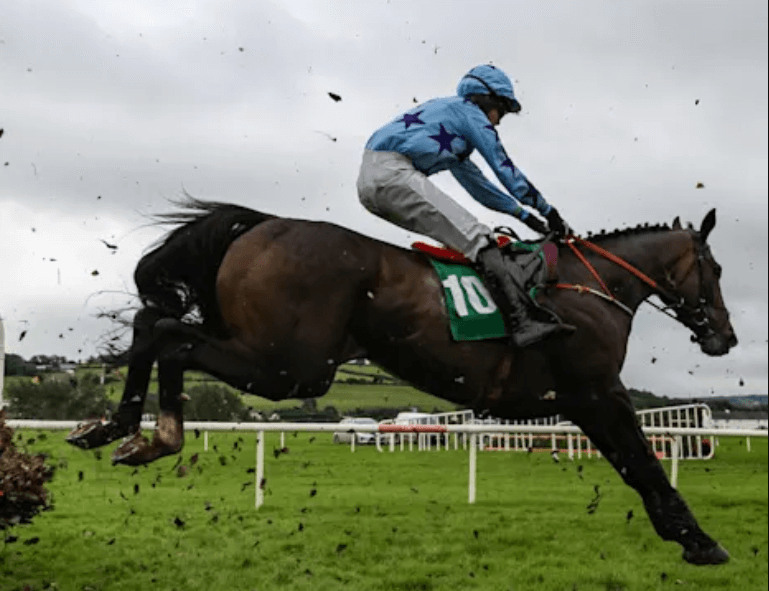
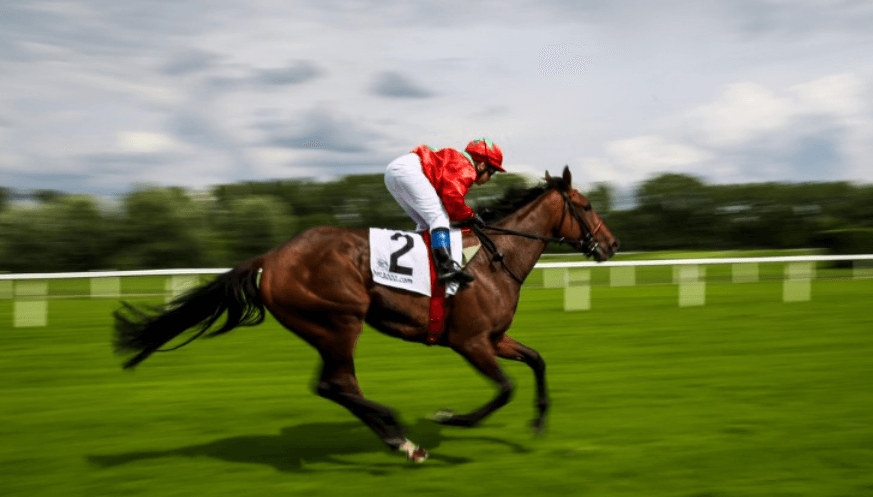
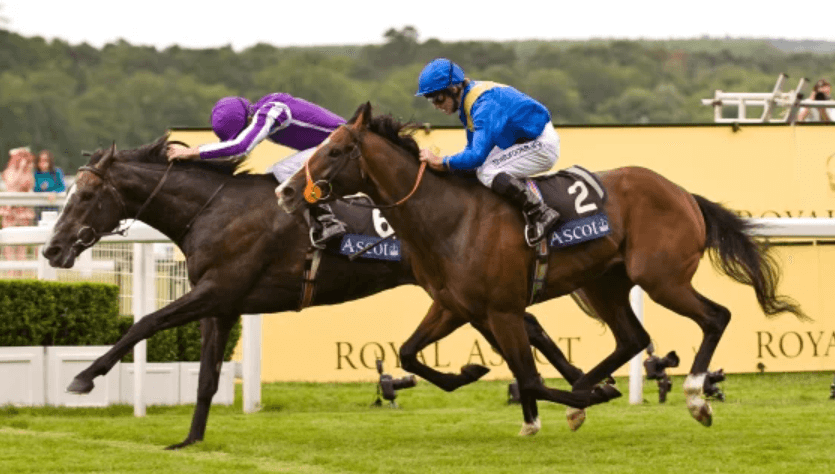
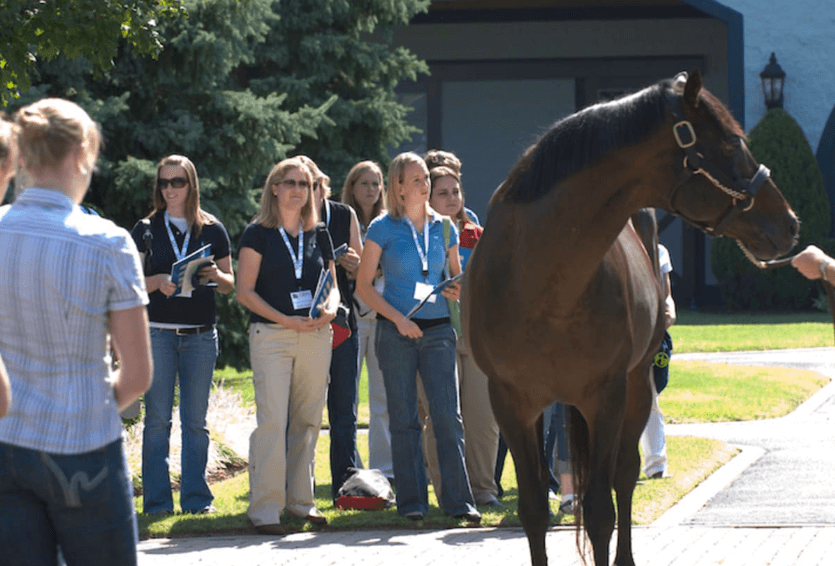
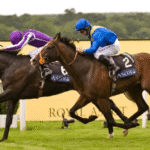 Horse Racing and the Science of Speed
Horse Racing and the Science of Speed